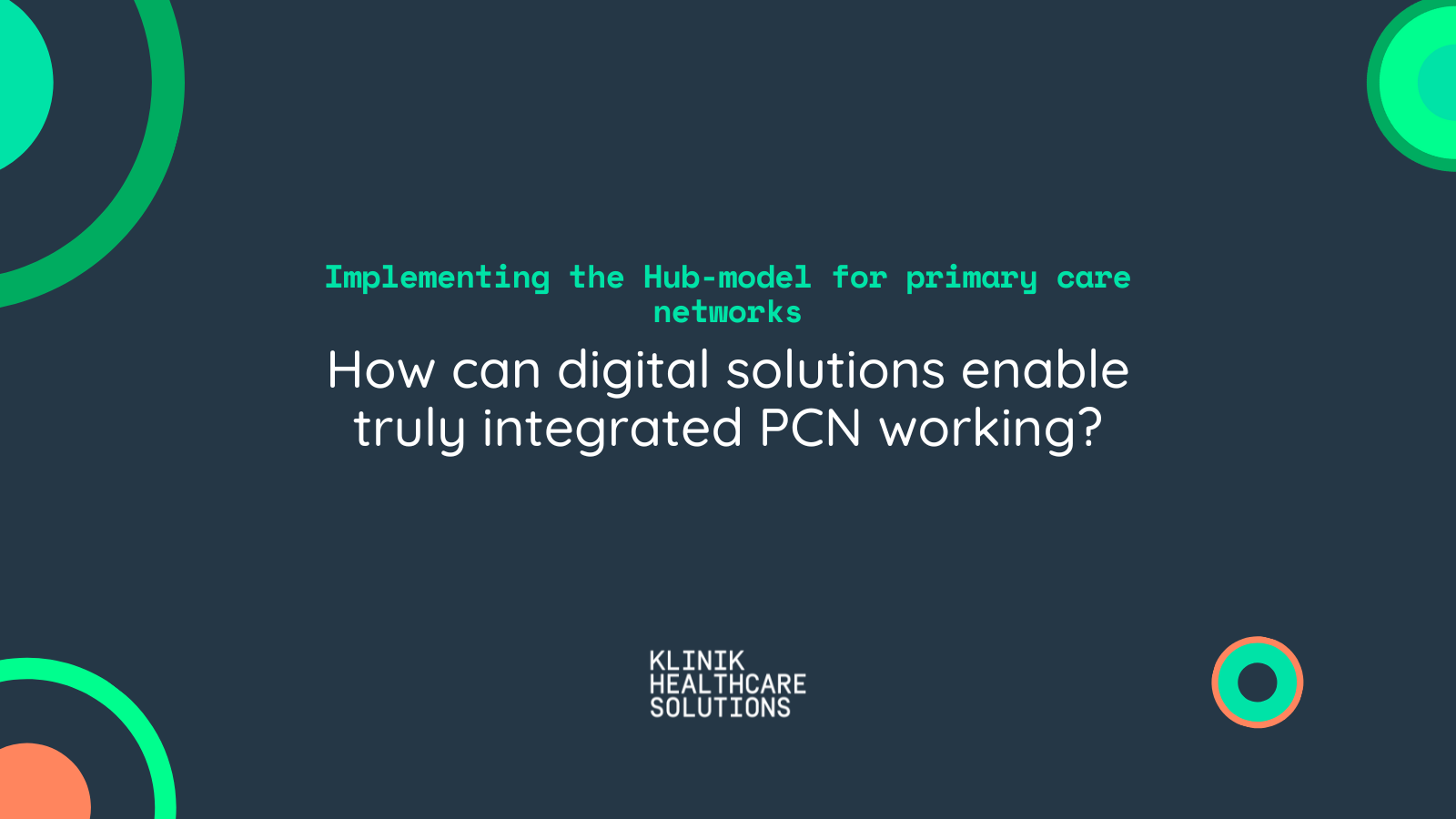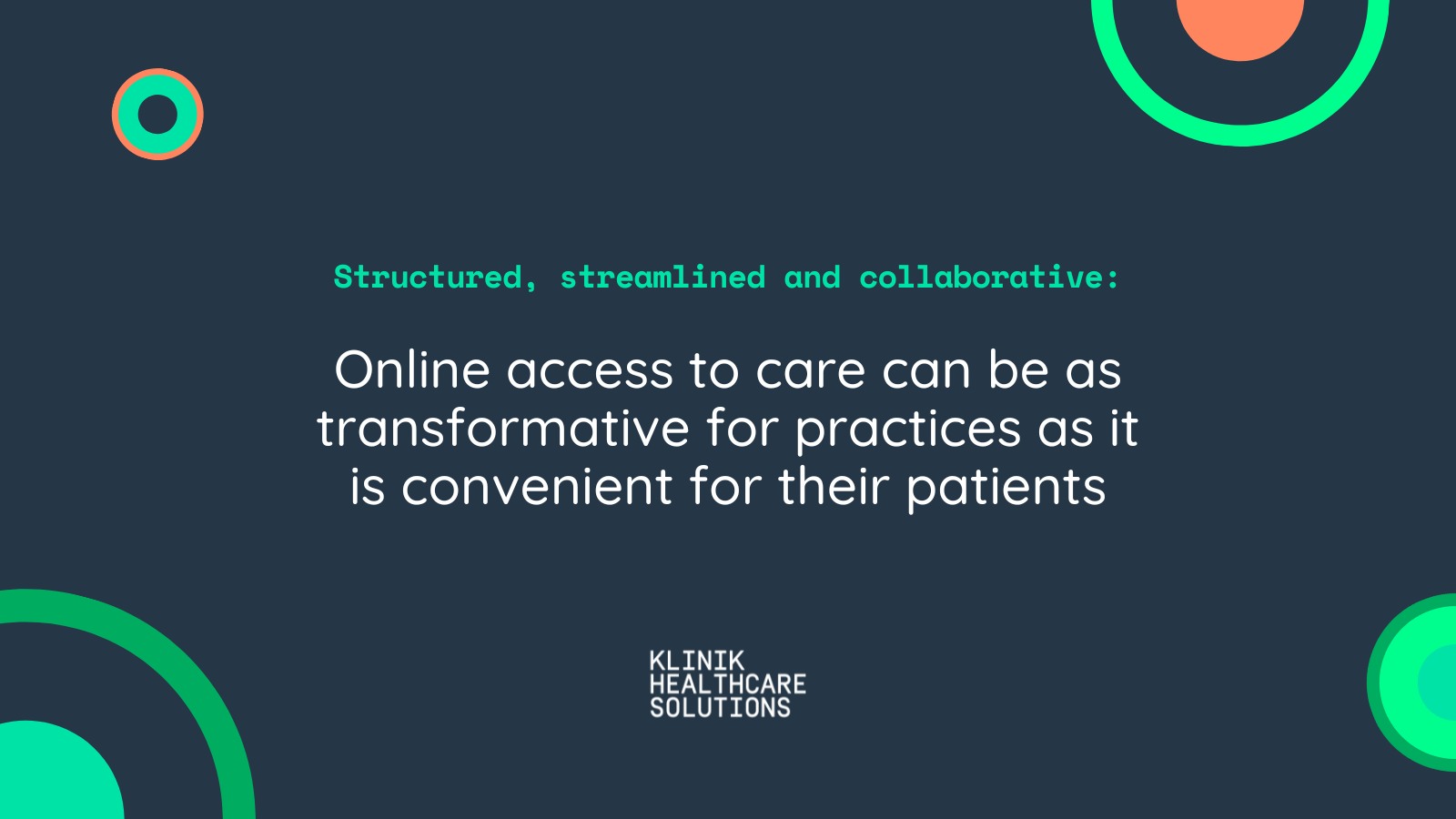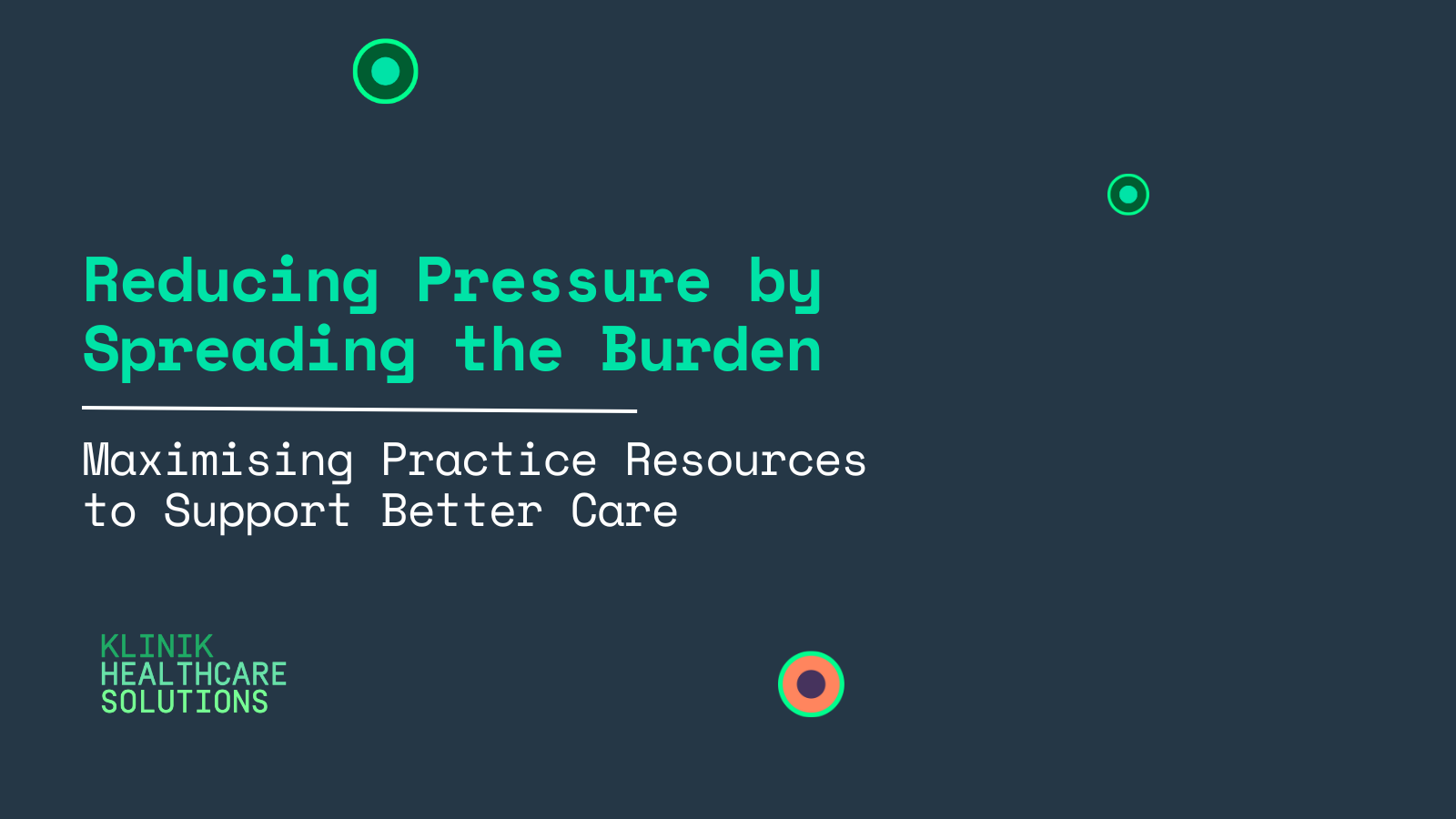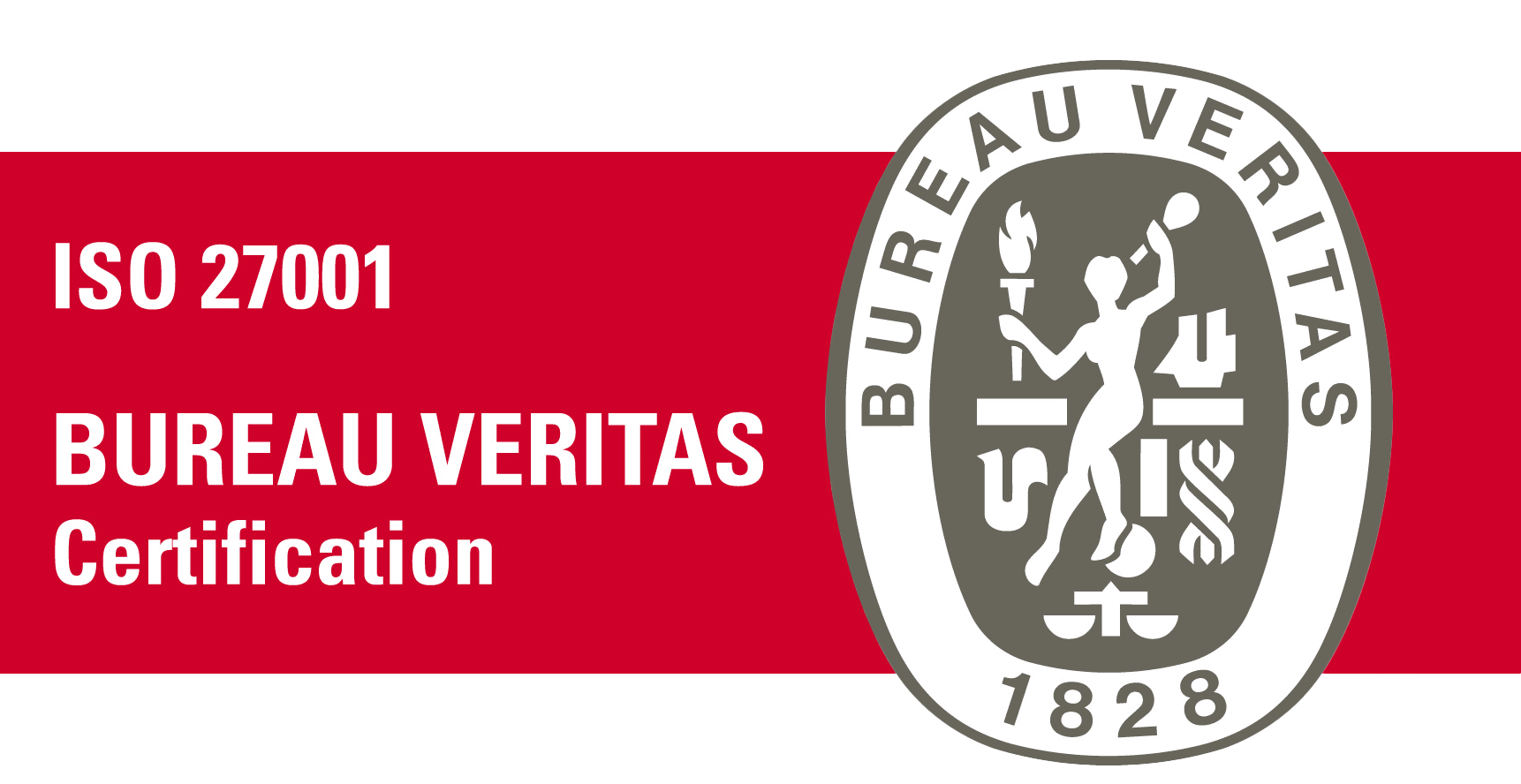The GP contract: How technology can help boost access to general practice
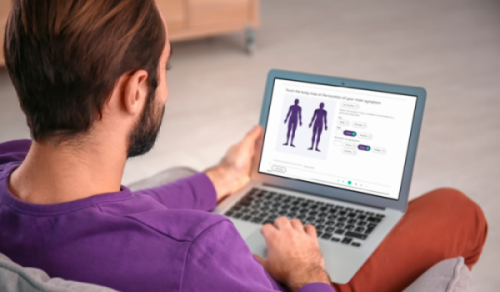
How Klinik’s online triage solution helps practices improve patient access and meet GP contract requirements by releasing appointment capacity.
General practice is at the frontline of care and the sharp end of complexity. The GP contract is a prime example of this. It regularly looks to make sense of a smorgasbord of initiatives and tries to serve up an appetising dish that benefits patient care.
Improving GP access is one such initiative. Let’s look at how technology can help out in the pressure cooker environment of the general practice and boost appointment capacity.
Boosting capacity
The latest GP contract looks to boost access by offering 50m more appointments. This will be achieved by the recruitment of thousands more GPs and additional roles such as pharmacists, physios and social prescribers.
It is well-meaning, but does it miss the mark? Sometimes people just don’t need an appointment with a GP. They can be seen by a pharmacist, a practice nurse or even use self-care.
Improving access to care needs to be seen as improving access to the right care. This releases appointments for those that most need the care a GP can provide.
Klinik’s online triage technology combines consistent patient history-taking with medically-supervised artificial intelligence to help point patients to the right point of care. Smart workflow tools mean that groups of practice staff see the right patients for their skillset.
Under the supervision of the GP or a triage professional, patients are pointed directly to the right person to deliver their care. Medication and sick note requests can be dealt with by reception staff. Teams are empowered to offer appointments for the right reasons, rather than as a response to pressure from pushy patients.
The impact of technology on GP access
As Klinik customer Kelly Butterfield of the Haxby Group notes: “In many instances, patients felt we were a barrier to their GP. Now, we can explain this new solution will put their care needs first, rather than simply working on a first come first served basis,” says Butterfield.
Nurse-led primary care - as being delivered in Homewell practice - can take this one step further. By empowering nursing triage teams to deal with many queries themselves, demand can be better managed for the practice and the patient.
With Klinik, GPs can see the right patients. Some GPs are even considering how they could offer longer appointments for more complex cases.
By taking this right care approach, Klinik customers are providing improved access and releasing much-needed appointment capacity.
As one customer said: “Appointment demand before Klink was at around 96% of total capacity. With Klinik, it is around 74%.”
Providing the digital front door
Digital primary care has been seen as a way to support wider access long before Covid. The GP contract had already promised online consultations in 2020 and video consultations by April 2021.
The pandemic has accelerated adoption of such tools, especially since the introduction of total triage. Now the dust has settled, how can practices use the digital front door to improve patient access?
Online access to care is only going to be successful and sustainable if it embeds the design principles of being useful, usable and used. As can be seen with Harrow patients, how such solutions work is critical.
User-friendly, convenient digital primary care tools will be vital for the GP surgery of the future. They could also become a deciding factor for those fresh recruits looking where best to enter the general practice workforce.
Extended hours, extending access
As can be seen in the video above, patients can access the practice using digital tools around the clock. People need 24/7 provision, and this can only work well if it is part of the wider system of care.
Extended hours for GP surgeries can help boost access, but - as NHS England says - effective access to wider system services needs ‘effective connection to other system services enabling patients to receive the right care from the right professional, including access from and to other primary care and general practice services such as urgent care services’.
Technology can help improve GP access by supporting more collaborative working between practice teams and local partners in urgent care, and other settings such as care homes.
Klinik customers such as the Haxby Group use Klinik to support urgent care requests. With urgency and priority detection embedded in the system, patients are increasingly pointed towards the right part of the health system, such as 111 or local care providers.
Other care settings also benefit. Care home staff can access Klinik through the practice website to enter requests for support. GPs can then make a judgement on the right type of care to provide, based on the consistent information provided. This helps to reduce the number of unnecessary care home visits by GPs, further freeing up appointment capacity.
Such collaboration is also supported within the practice. Triage staff can refer people directly to the new additional roles being promoted centrally. Referrals to roles such as social prescribers are backed by the Investment and Impact Fund, for example. Such team working is a sign of what the NHS wants GP surgeries to become.
The recipe for success
Some might feel the GP contract is a recipe for disaster. However, it is unlikely to be off the menu for any time soon.
With the right technology, surgeries have what it takes to make the best of the GP contract. They can join 500 other healthcare centres and provide a service that is more to everyone’s taste. See how we can help.
Klinik Access is an online consultation & patient flow management software that directs patients to the optimal resource in primary care. The system’s unique algorithm interprets the person’s symptoms to make a provisional assessment, and estimates the urgency of the care needed. Based on this, the person is automatically referred to the right place for care to begin.
